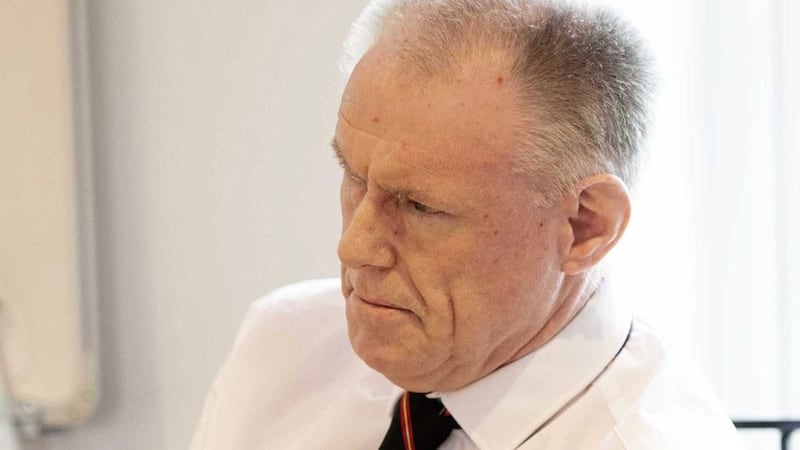THE GAA did not return to action too early after the coronavirus pandemic its most senior official in Ulster has said.
Ulster Council chief executive Brian McAvoy was speaking after more than a dozen clubs across the north suspended activities since play resumed on July 17.
Several of the clubs have closed down after members contracted the virus, while others suspended activities as a precaution.
This week Co Down side Dundrum announced that one of its members has been diagnosed with the virus.
And in the latest development Co Donegal's Naomh Conaill yesterday suspended all club activities as it awaited the result of a Covid-19 test.
But Mr McAvoy said he believed the GAA had "hit it just about right coming back".
"I think we were one of the first sports, if not the first, to go into lockdown, and all throughout this we have looked at it purely in the interests of the overall community and public health," Mr McAvoy said.
It had previously been reported that five players at St Moninna's GAC in Kileavy in south Armagh had been diagnosed with Covid-19, however, Mr McAvoy said the actual number is three adding that those diagnosed had travelled together in the same car to an away game.
Meanwhile the senior GAA figure has insisted that the GAA has its focus "in the community".
Mr McAvoy was responding to comments made this week by DUP MLA Jim Wells who spoke about the "sectarian republican nature of the GAA" during an assembly debate.
Rejecting the description Mr McAvoy said "it will not come as a surprise to anyone that Jim Wells is hardly the GAA's biggest fan".
Saying the GAA is a "community organisation" he insisted that there are "all shades of political persuasion in communities."
He said that during the current coronavirus pandemic GAA volunteers had delivered food parcels and other goods "to the most vulnerable in our communities".
"I am quite certain we weren't asking people their religion or political persuasion before we were knocking at their door," he said.
He also revealed that members of the Muslim community will gather at Croke Park on Friday for the festival of Eid, which marks the end of Ramadan.
“I think that shows we are certainly not sectarian," he told the BBC.








